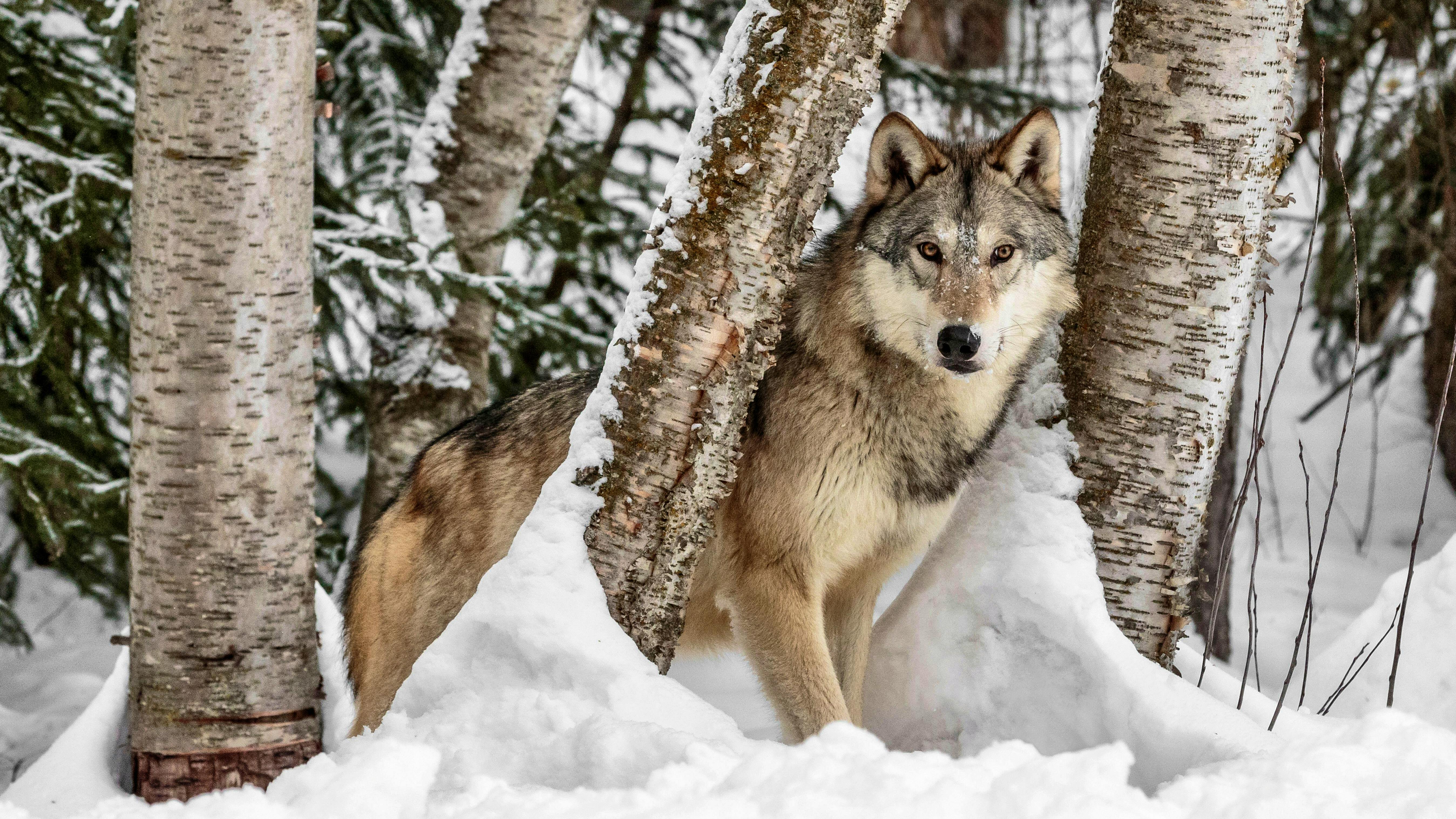A weekly homage to endangered species, large and small
(Original text written by Benjamin Ikenson)
Many of our nations protected species are celebrated and honored by placing their images on currency and license plates. They are mascots for professional sports teams and even cuddled by our children as cute stuffed animals. But there is another class of species that are frequently overlooked or maligned by the press, elected officials, even the general public. We’re profiling some of less charismatic species to shed some light on the immense value they bring to our lives.
FRESHWATER MUSSELS
 Of the 300 different mussel species in the United States, 64 are listed as endangered and eight are listed as threatened. According to Sue Jennings of the National Park Service, freshwater mussels have suffered a greater decline than any other wide-ranging faunal group in North America.
Of the 300 different mussel species in the United States, 64 are listed as endangered and eight are listed as threatened. According to Sue Jennings of the National Park Service, freshwater mussels have suffered a greater decline than any other wide-ranging faunal group in North America.
With names like littlewing pearlymussel, the flat pigtoe, and the shinrayed pocketbook, mussels are an interesting testament to the sometimes bizarre imaginations of those who coined the terms, primarily fishermen who harvested them for a thriving pearl button industry. It was this industry that first really wreaked havoc on mussel populations. Fortunately, plastic buttons took their place beginning in the 1950s.
Unfortunately, this did not mark the end of woes for freshwater mussels. Especially over the last 30 years, mussels have continued to decline drastically because they can’t tolerate changes in water quality resulting from pollution or sediment from dredging and soil erosion. They also suffer from the introduction of non-native species, the effects of siltation, and even remnants of pharmaceutical drugs that are flushed from the body and end up in wastewater that reaches rivers and streams. A recent study revealed that the antidepressant drug Prozac can severely disrupt the reproductive cycle of freshwater mussels, a side effect that can certainly not be described as happy.
What good are they?
Mussels are reliable indicators of water quality, since they’re particularly sensitive to aquatic changes. Mussels are filter feeders that help keep the water clean for all who depend on it, and their disappearance often signals that other aquatic plants and animals are at risk as well.
If mussels can’t live in their home, it probably should be condemned. And that’s not good for the rest of us.
Think of it this way: mussels are the mighty Mr. Cleans of the waterways. They try to keep the house tidy. But the increased intensity and the toxicity of the filth has been making them sick; and there’s not a lot of replacement labor. If they’re not around, the cleaning isn’t going to get done – and just like at home, the cleaning sure ain’t gonna do itself. Let’s hope it’s not too late to offer the sick some decent healthcare.
Fortunately, the important role mussels play is no secret and many are working on their behalf. For example, the National Park Service has stepped up to help recovery, and since 2000, the Tennessee Aquarium Research Institute has propagated more than a hundred thousand native freshwater mussels, providing for their release into the Conasauga River basin at the Institute’s hatchery.
The thing to remember is if mussels can’t live in their home, it probably should be condemned. And that’s not good for the rest of us.
Click here to read more about mussels in Defenders magazine, and watch the interview below with “mussel man” Monte McGregor, a malacologist with the Kentucky Department of Fish and Wildlife Resources.
What Defenders Is Doing to Help Protect the Endangered Species Act
The ESA is under attack in Congress, and Defenders is fighting back! We’re…
- Reaching out to our allies in Congress to make sure they stand up for all of America’s imperiled wildlife.
- Mobilizing our activists across the country to protect endangered species in their home states.
- Educating the general public with targeted media campaigns highlighting the importance of protecting all our native plants and animals for future generations.
Read more about what Defenders is doing to protect endangered species.
What You Can Do to Help
- Speak up for wildlife! Write a letter to your local newspaper explaining why you care about protecting endangered species. Help us bring attention to all the critters, large and small, that make up the web of life and support a healthy environment.
- Help us stop legislation that undermines our nation’s commitment to good stewardship and saving wildlife from extinction.





Follow Defenders of Wildlife
facebook twitter instagram youtube tiktok threads